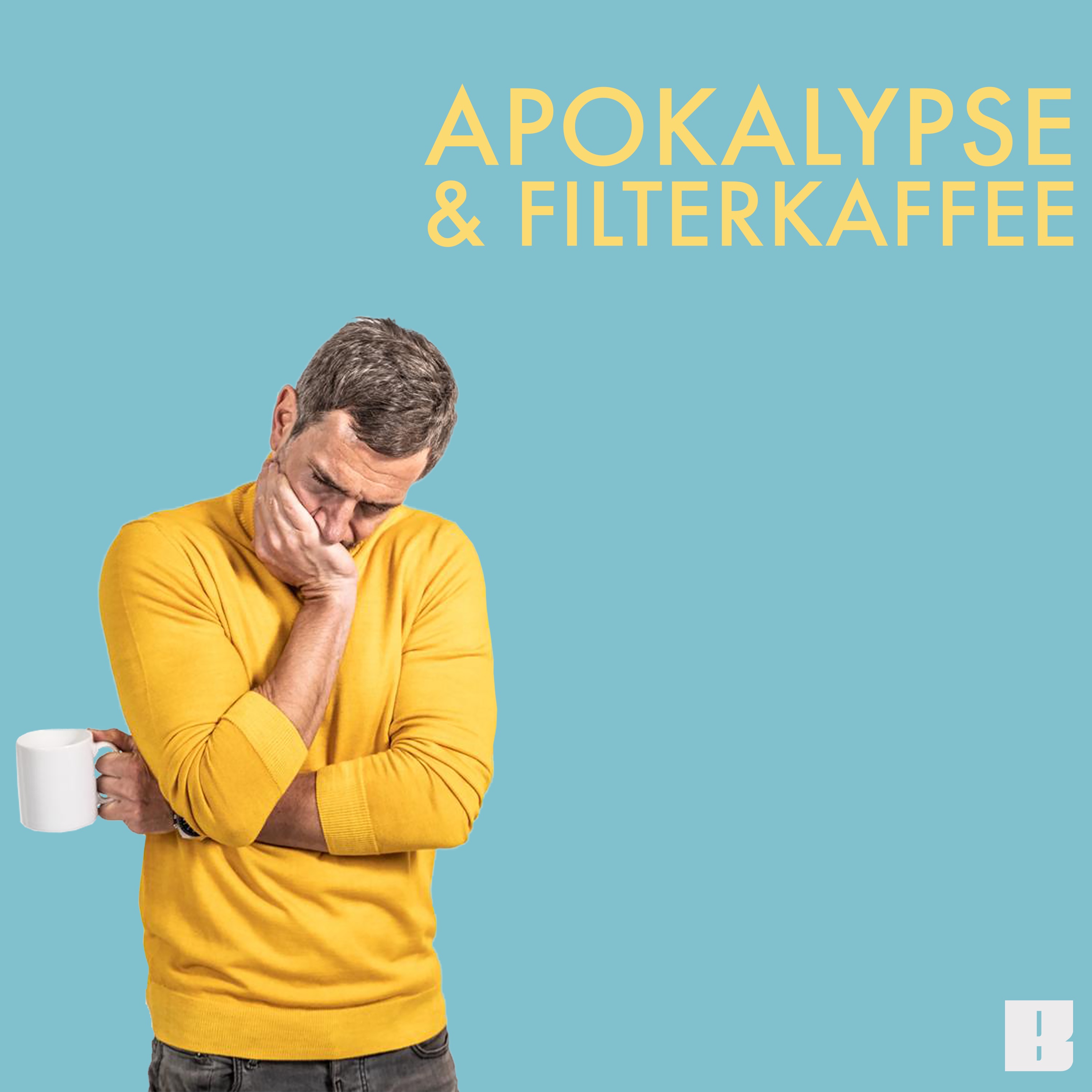A History of Violence
Actually I had never heard from Claudia Schumacher, let alone read anything she wrote. Maybe because most of her work was printed in Switzerland´s most "Fox-News"-like weekly "Die Weltwoche" which used to call AIDS a "gay desease" and supports Putin´s war until this very day.
Reading one random article of her about the #metoo movement in that magazine seemed to underline that impression: Schumacher actually managed to make women look like wanna-be victims or villains themselves.
But then again, she also contributed to other more respected media - and moved to Hamburg/Germany some years ago anyway.
To read her first novel was something like a friendly accident. Like every year I make a choice from five to ten books per summer holiday to take with me. Printed and mostly audible as well to cover every summer holiday situation possible. Schumacher´s book made it onto the list because reviews were raving, comparing her to J.D. Salinger and describing her story telling as "heart breaking".
Well, the book is about an abusive childhood - and that content always has bestseller potential; this year alone I stumbled into half a dozen books from people - interestingly many of them actresses or actors - who wrote about their childhood as an universe of being harrassed, abused, beaten up and humiliated.
Schumacher´s book is different. Because her protagonist belongs to a younger generation and also to a more privileged social background: the parents of her protagonist - Juli - are lawyers and she grows up under circumstances where people still do not expect violence as the education method of choice.
Even more important - Schumacher´s language is laconic, her scenic and often disturblingly funny story telling touches you deeply. Like her relationship with another inmate at the mental institution her parents send her after several suicide attempts. That chapter when they enter a local coffeeshop together has written Holden Caufield all over.
Just another reason to get this book translated: I am positive that Schumann´s book would work internationally as well. And it definitely deserves a larger audience.
For German speaking readers - and listeners - there is a podcast episode of "Apokalypse und Filterkaffee" that first put Claudia Schumacher on my map. If you are not convinced so far, give it a try and find out how she also knows a thing or two about society and politics and is not afraid to talk about it.
